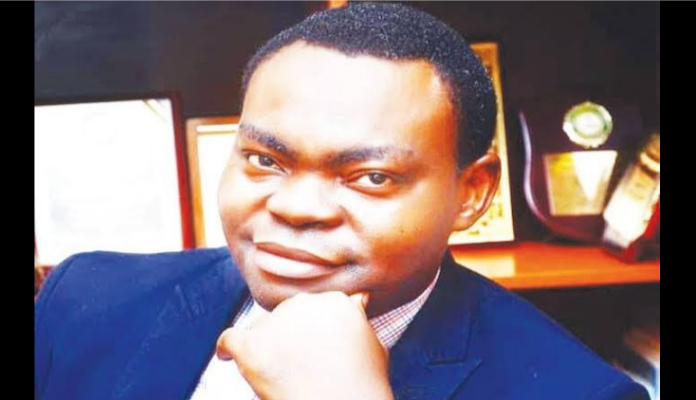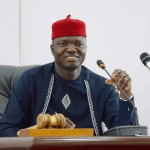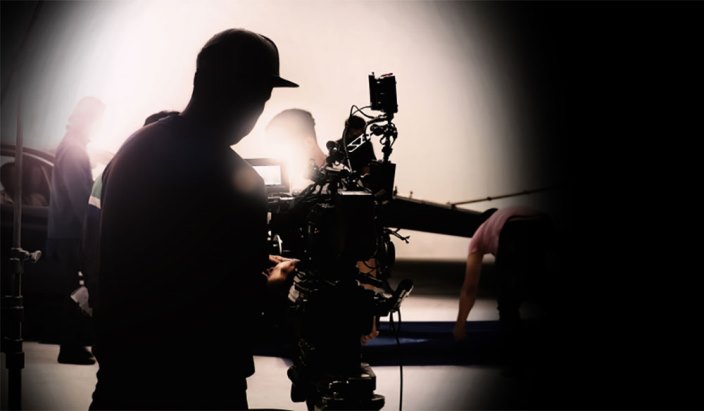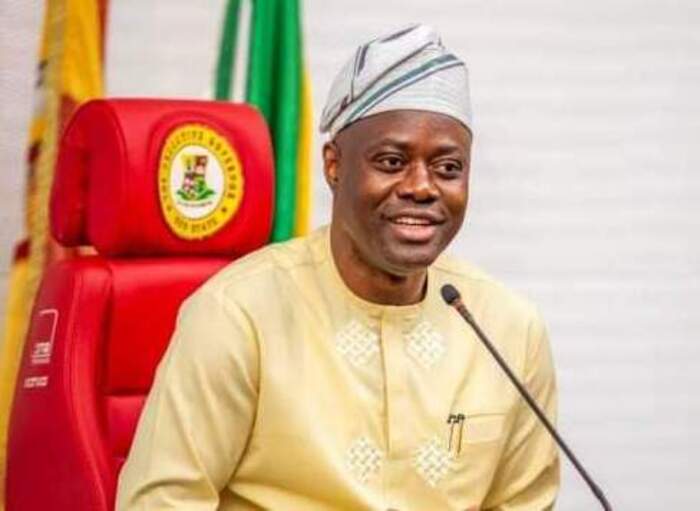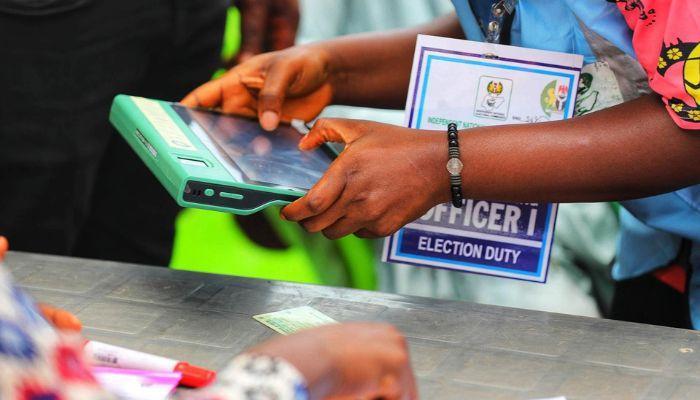On Thursday June 12, Nigeria will be celebrating 26 years of uninterrupted civil rule since 1999. In this interview, Olusola Idowu, the pastor in charge of Ajayi Dahunsi Memorial Baptist Church, Ilasamaja, Lagos, speaks on Nigeria’s democratic journey highlighting some of the reasons the country is yet to deliver democratic dividends as expected by the citizens. Excerpt:
By Thursday Nigeria will be 26 years since its return to democracy. Are we feeling the dividends of democracy?
Well, to a very large extent, I would say no. And a very deep no. Judging by the fact that when you look back to 1999, to see where we were then, and see where we are today, there are a lot of people born 20 years ago that don’t even know that we used to have; what we call 10kobo or 5kobo or 50kobo or N1 or even N5 or N10 notes. It’s so bad that the inflation has been so terrible in the country. As of 1999 that we were going into democracy, a dollar was less than N100. And whether it was managed or not, whatever it was they did, it was less than N100. So, I wouldn’t say we are getting the dividend of democracy as a whole. Maybe in some areas, there’s freedom of speech, there’s freedom of movement, apart from insecurity in the land. So, when you look at it from that area, and at least to a large extent, judiciary is allowed to function. So, maybe those are the few areas of gains at democracy.
But some will also argue that people don’t have that freedom to speak now, even compared to when we were under military rule. Do you buy into this sentiment?
No, I disagree with them, because then you know that the likes of the current president, all had to run out of this country, under General Sanni Abacha. So, to a very large extent, and even before General Sanni Abacha, during IBB, we all can remember the incidents of Dele Giwa, till tomorrow who killed Dele Giwa, we still dont know. So for me, to a large extent, yes, people are being bullied, people who are not allowed to really express themselves, but to a large extent, we should see people making use of their freedom of speech. And in fact, some people are even miss-using that freedom of speech. So, I would say it’s better, as far as I’m concerned, it’s better now than before 1999.
There’s also this talk about the church not playing its role effectively by speaking truth to power?
Yes, I think that people misconstrue the involvement of the church, and so we think it is when, you know, maybe even pastors take appointments. The issue is simple. If we are not doing what we are supposed to do with people, we don’t have to wait until people get into power. We just need to prepare people for the society. And when we don’t do that, people don’t need to get into power. Even people can just be in their place of work, and just be civil servants, can just be a school teacher, can just be a medical doctor, and yet they will do the needful. But we need to prepare people first for the life of impact as a source and as life. That’s what the scriptures say. So, it’s not about grabbing power, because even those who are abusing power, they were never prepared for power. All they were thinking was just to get there so that their own life can be better. The preparation for service is not there, again, in the church, because there is no proper discipleship. So, if the church will make impact, there must be proper discipleship.
The Baptist Church is very strong on education. Now, 26 years of civilian rule; would you say the education sector has done any better?
It’s very unfortunate to say. I think the problem with our educational system is simply, I mean, the majority of the blame I would push to the parents. Yes, we find a generation of parents now who are so unnecessarily agitated about exam results of their children, and not bothered about the knowledge they have acquired over time. And it has even gotten to a level of unnecessary competition, comparison, checking one’s child with another person’s child. And so we see many, many children today brandishing results that they cannot defend with their corresponding knowledge. So our church, we have a school, we have seen parents coming to us boldly, asking us to help their children. And their definition of help is to allow them to do examinations malpractice (to cheat). And we say, we can’t do that. And as a result of that, many have withdrawn their children from our school. Yes, we hardly have enough candidates to present for WAEC. Because there’s a minimum you must present for WAEC examination, and because of that we are punished by WAEC – we pay penalty every year for not having enough candidates. And that is because by the time our students get to SS3, many parents would have withdrawn them to special centres. And we will be left with maybe about 15 or 18. But when they were in JSS3 and SS1, they were about 30-something or 40. But when they get to SS2, they will reduce to about 20-something. And by the time we are entering into SS3, we will hardly get 20 of them. So that’s the situation we find ourselves in. And that is why we have seen all these performances in Jamb and other places where we see that some who cheat get the grade they cannot defend and those who don’t cheat are now made to look at the victim. But that is not to take the credit away from some children that are not cheating.
Do you see an economic factor in all of this?
It’s a big factor, I must say. And because you also see that part of the reason why everybody is doing this, let these children get done with this education, let him travel abroad and so on and so forth. So it’s a big factor.
So, what can we do?
I think the government will need to do more with the economy of the country and also do it in such a way that we know that even if a child repeats – well, while I was going to school back then, we had people who repeated class and they are doing very well today. So, when the parents consider what they are going to pay again, if the child should repeat, they’re going to do everything to make sure that the child does not repeat. So, it is a major factor.
Finally, as Nigeria celebrates democracy; do you think the Nigerian state has done enough to imotarlize MKO Abiola as the icon of democracy?
Well, the nation has tried, but there’s always room for improvement. The national stadium in Abuja has been named after him. He was given posthumously GCFR award – that is the highest honour in the land for the leaders of the country. Recently, Sule Lamido said the family should be repaid 40-something billion Naira. I don’t think we need to go that route; everything is not about money. So, I think that one of the ways to imotarlize him is for us to rejig our syllables in government and history to include names of people like him – those who have done well for our democracy so that the coming generation will remember him.




